In order to make analog calculation (for analog regulator simulation), what would be the means to make an squaring amplifier ?
- There is an obvious solution with a multiplier circuit as pointed here;
- I also imagined using a mosfet like in the following drawing and in this case I would need another similar circuit for the negative part of the signal;
but before trying to effectively design it, I wondered if there would be other well known simple solution.
Edit : Some people seem to dislike the application of analog computing. Just think of it as an educational application.
Edit2 : To make things more precise, let's say that to avoid saturation problems, the identity element would be 10v, So for a 1v input we get a 0.1v output and for a 0.1v input, we get 1mV output, and it would be even better if we had a circuit which would give the same positive output for the same negative inputs.

